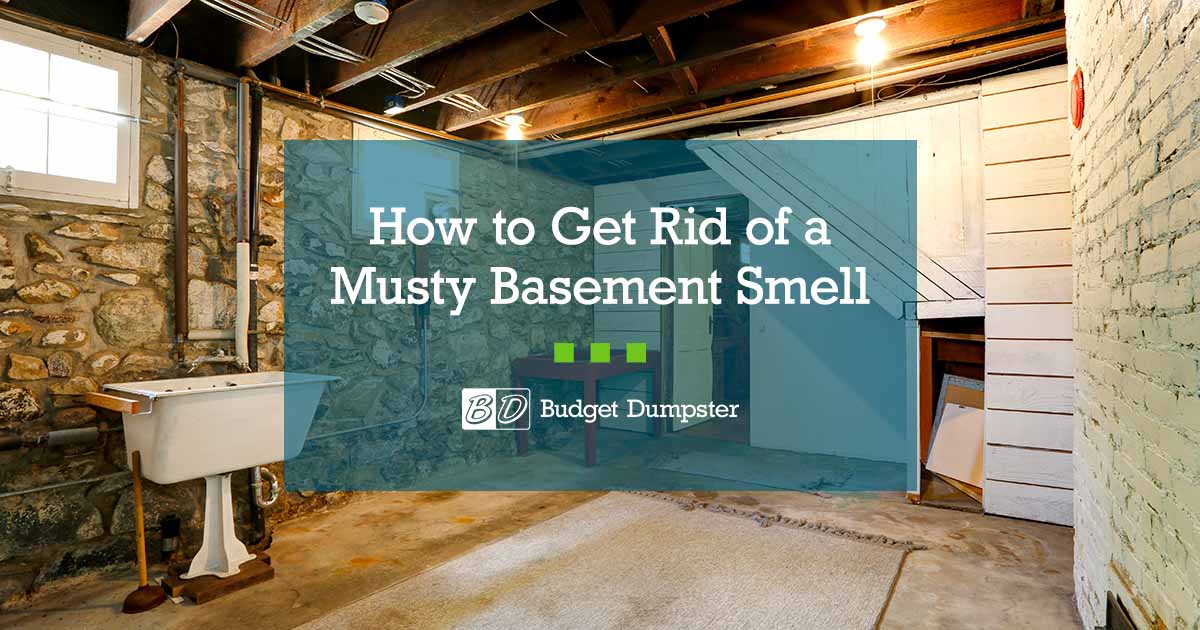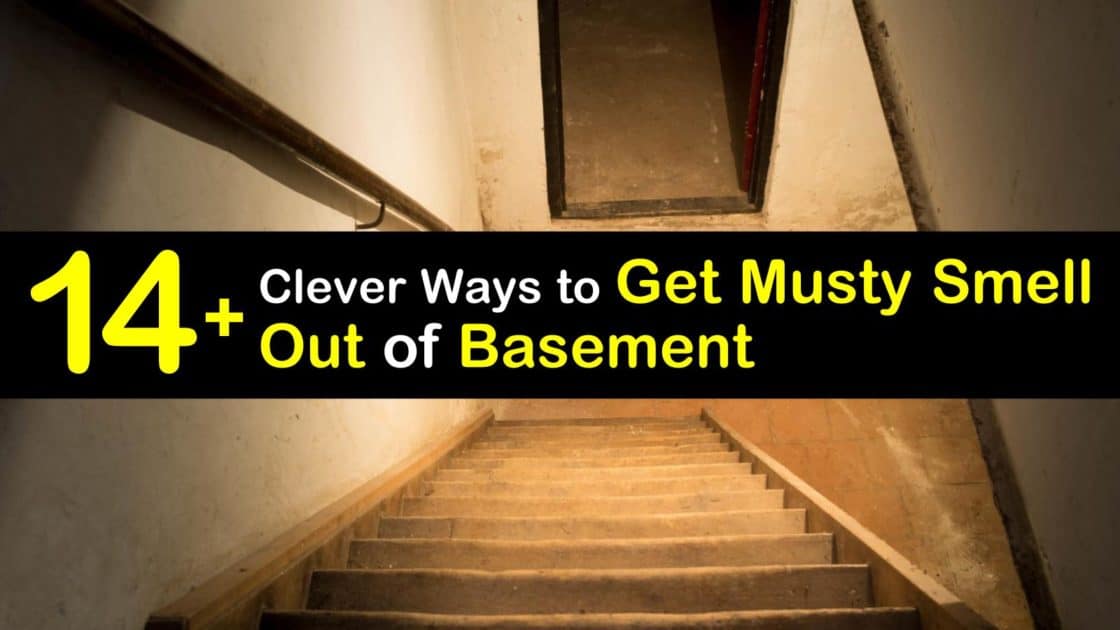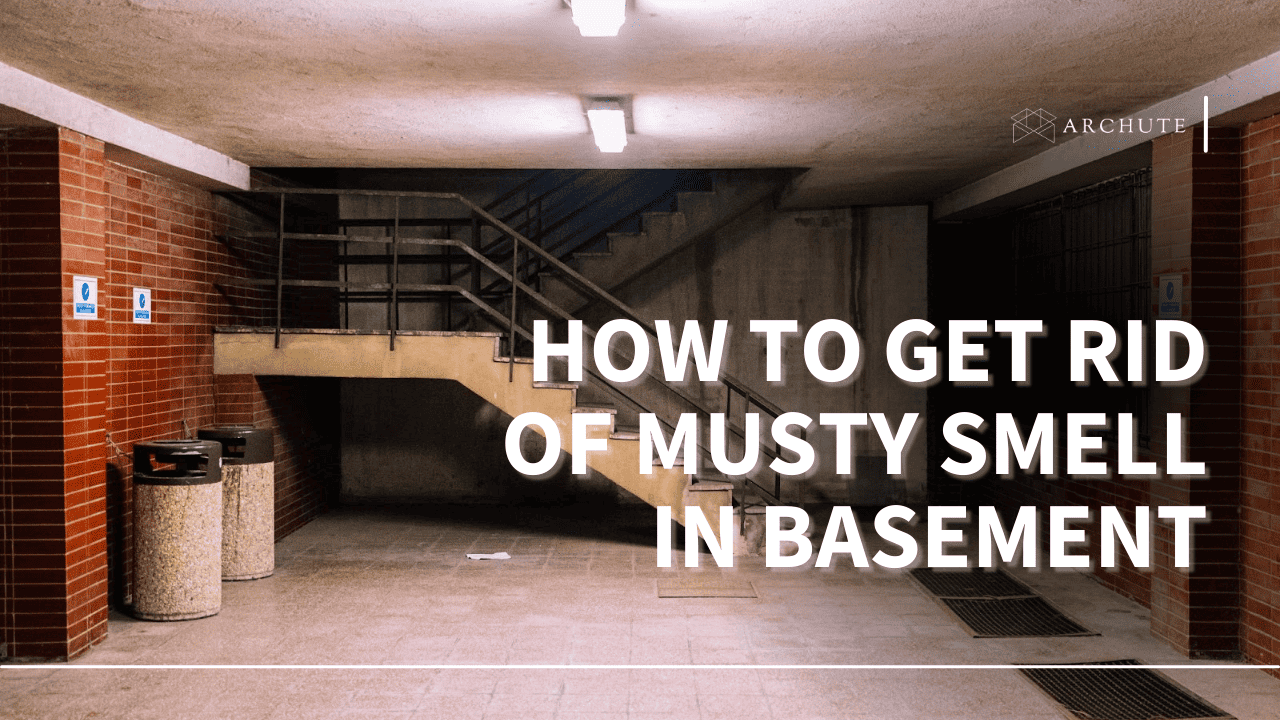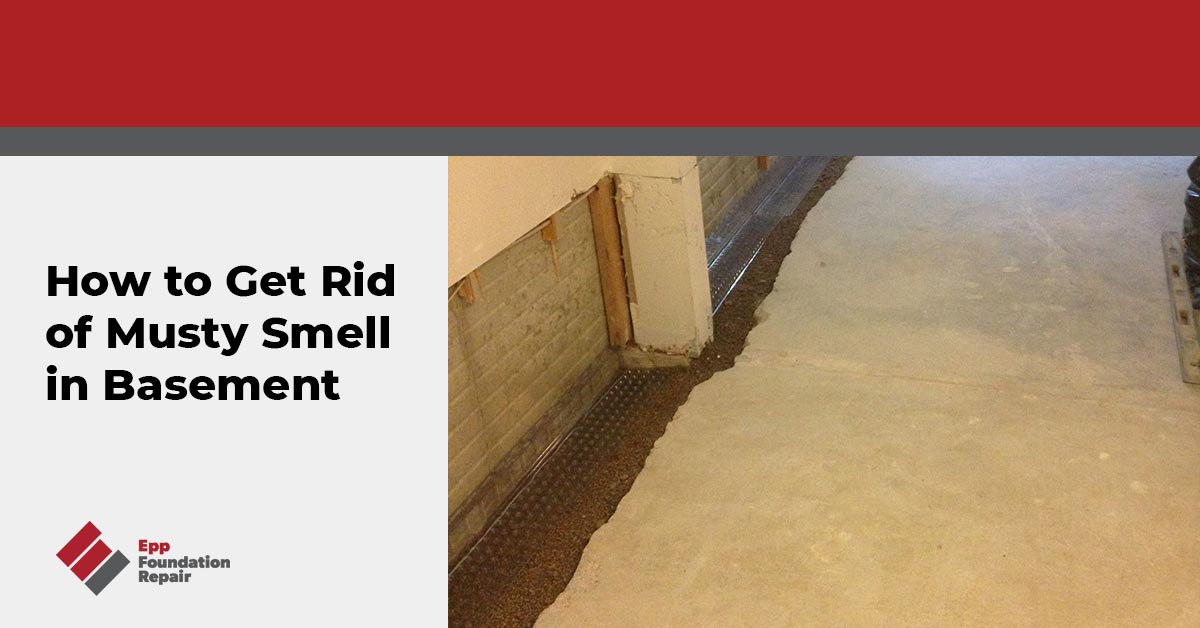How To Get Musty Odor Out Of Basement
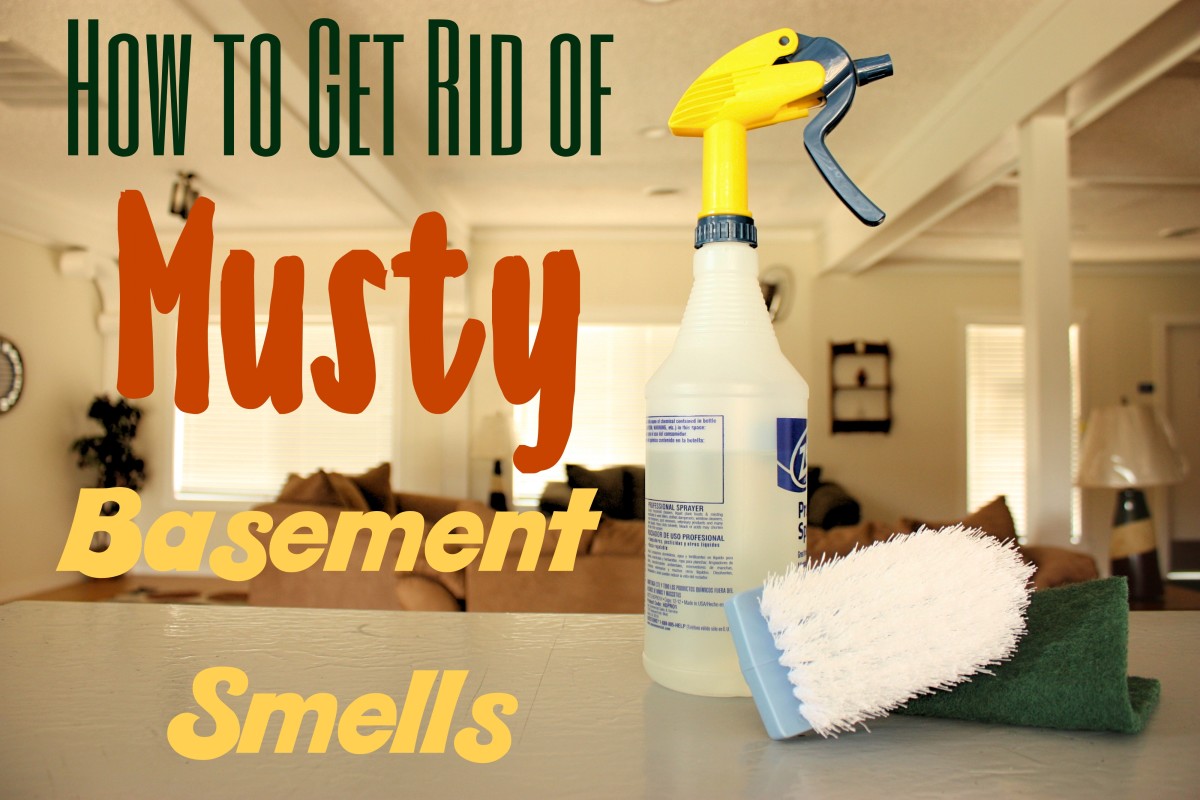
A musty odor in the basement is a common problem, often indicating underlying issues like excessive moisture, mold growth, or poor ventilation. This odor isn't just unpleasant; it can also signify a health hazard and potentially damage building materials. Successfully eliminating the musty smell requires a multi-pronged approach, from identifying the source to implementing effective remediation strategies. This article provides a comprehensive guide for homeowners, HVAC technicians, and facility managers on how to banish that musty basement odor for good.
Identifying the Source of the Musty Odor
Before tackling the smell, it's crucial to pinpoint its origin. A thorough inspection is the first step. Consider these potential sources:
- Mold and Mildew: These are the most frequent culprits. Look for visible mold on walls, floors, ceilings, and around plumbing fixtures. Pay close attention to areas prone to dampness, such as near windows, foundations, and pipes. Remember that mold can hide behind drywall or under flooring.
- Water Leaks: Even small, slow leaks can create a breeding ground for mold and mildew. Check pipes, faucets, water heaters, and washing machine connections. Inspect the foundation for cracks or signs of water seepage.
- High Humidity: Excessive humidity encourages mold growth. Use a hygrometer to measure the humidity level in your basement. Ideally, it should be below 60%.
- Poor Ventilation: Stagnant air allows moisture to accumulate, fostering mold and mustiness. Ensure adequate airflow throughout the basement.
- Organic Materials: Damp cardboard boxes, fabrics, or wood stored in the basement can become moldy and contribute to the odor.
- Drainage Issues: Improperly functioning sump pumps or clogged drains can lead to water accumulation and musty smells.
- Dirt Floor: Dirt floors are a constant source of moisture and can create a breeding ground for mold.
HVAC technicians can use tools like moisture meters and thermal imaging cameras to detect hidden leaks and areas of high humidity. Facility managers might consider scheduling regular basement inspections to proactively identify and address potential problems.
Addressing Moisture Problems
Controlling moisture is paramount to eliminating musty odors. Here are some key strategies:
- Fix Leaks: Repair any plumbing leaks promptly. Seal cracks in the foundation with hydraulic cement or epoxy injection.
- Improve Drainage: Ensure proper drainage around the foundation. Clean gutters and downspouts to direct water away from the building. Consider installing or upgrading a sump pump if necessary.
- Dehumidification: A dehumidifier is essential for maintaining low humidity levels in the basement. Choose a unit with sufficient capacity for the size of your basement. Look for Energy Star rated models for optimal energy efficiency. A good example is a dehumidifier with a 70-pint capacity for a large basement. These usually cost between $200-$400.
- Proper Ventilation: Improve airflow by opening windows (when weather permits) or installing a ventilation system. Consider a heat recovery ventilator (HRV) or an energy recovery ventilator (ERV) to exchange stale indoor air with fresh outdoor air while minimizing energy loss. An HRV is best for colder climates with high humidity, while an ERV is better for warmer climates with high humidity. The cost of installing an HRV or ERV can range from $500 to $3000, depending on the size and complexity of the system.
- Insulation: Proper insulation helps prevent condensation on cold surfaces. Insulate basement walls and pipes to reduce moisture buildup.
Mold Remediation
If mold is present, it must be removed. For small areas (less than 10 square feet), homeowners may be able to handle the cleanup themselves. However, for larger areas, professional mold remediation is recommended. Mold remediation specialists have the expertise and equipment to safely and effectively remove mold and prevent its recurrence.
DIY Mold Removal (Small Areas):
- Wear appropriate personal protective equipment (PPE), including a respirator, gloves, and eye protection.
- Isolate the affected area to prevent the spread of mold spores.
- Clean the mold with a mold-killing cleaner or a solution of bleach and water (1 part bleach to 10 parts water).
- Thoroughly dry the cleaned area.
- Discard contaminated materials, such as drywall or carpeting.
Professional Mold Remediation:
- Professional mold remediation involves a comprehensive assessment of the mold problem, containment of the affected area, removal of mold-contaminated materials, cleaning and disinfection of the area, and prevention of future mold growth.
- The cost of professional mold remediation varies depending on the size and severity of the mold problem. It can range from a few hundred dollars to several thousand dollars.
Cleaning and Deodorizing
After addressing the moisture and mold issues, thoroughly clean and deodorize the basement. Here are some tips:
- Wash Surfaces: Clean all surfaces with a mild detergent and water.
- Deodorize: Use a commercial odor eliminator or natural deodorizers like baking soda or vinegar. Place bowls of baking soda around the basement to absorb odors. You can also boil vinegar in a pot to neutralize smells.
- Clean Carpets and Upholstery: If carpets or upholstery are present, have them professionally cleaned.
- Air Out the Basement: Open windows and doors to air out the basement for several hours.
Preventing Future Musty Odors
Prevention is key to keeping musty odors from returning. Implement these strategies:
- Maintain Low Humidity: Continuously monitor humidity levels and use a dehumidifier as needed.
- Regularly Inspect: Conduct regular inspections for leaks and signs of mold growth.
- Improve Ventilation: Ensure adequate airflow throughout the basement.
- Proper Storage: Store items in airtight containers to protect them from moisture. Avoid storing damp or mold-prone materials in the basement.
- Professional HVAC Maintenance: Schedule regular maintenance for your HVAC system. A properly functioning HVAC system helps control humidity and improve air circulation. Ensure that the condensate drain line is clear and that the air filter is clean. A dirty air filter can restrict airflow and contribute to poor indoor air quality. HVAC system efficiency is greatly impacted by regular filter changes.
The Role of HVAC Systems
Your HVAC system plays a vital role in maintaining a healthy and odor-free basement. Here's how:
- Air Circulation: A properly functioning HVAC system circulates air throughout the basement, preventing stagnant air and reducing moisture buildup.
- Dehumidification: Some HVAC systems have built-in dehumidification capabilities. These systems can effectively remove moisture from the air and help prevent mold growth.
- Air Filtration: HVAC systems with high-efficiency particulate air (HEPA) filters can remove mold spores and other allergens from the air, improving indoor air quality. MERV (Minimum Efficiency Reporting Value) ratings indicate the filter's ability to capture particles. A higher MERV rating means better filtration. Filters with a MERV rating of 11 or higher are recommended for removing mold spores.
- Ductwork Inspection: Inspect your ductwork for leaks or damage. Leaky ductwork can allow moisture and contaminants to enter the system and circulate throughout the basement. Sealing and insulating ductwork can improve energy efficiency and prevent moisture problems.
For optimal performance, consider investing in a high-efficiency HVAC system with advanced features like variable-speed fans and multi-stage cooling. These systems can precisely control temperature and humidity levels, creating a more comfortable and healthier indoor environment. The initial cost of a high-efficiency system may be higher, but the long-term energy savings and improved indoor air quality can make it a worthwhile investment. Remember to look for systems with a high SEER (Seasonal Energy Efficiency Ratio) rating for cooling and a high AFUE (Annual Fuel Utilization Efficiency) rating for heating. These ratings indicate the system's energy efficiency. A higher SEER and AFUE rating means lower energy bills.
By addressing the root causes of musty odors and implementing effective remediation and prevention strategies, you can transform your basement into a clean, dry, and odor-free space.

